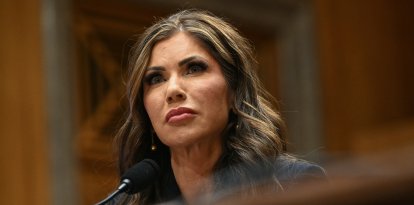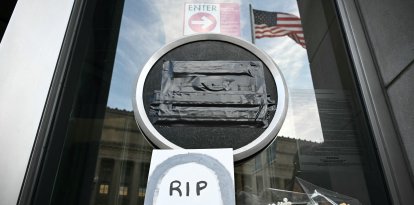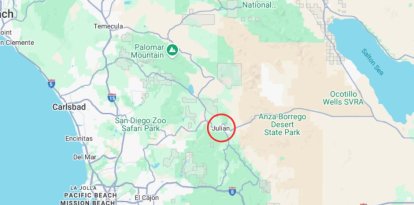Portland public schools must take into account the race and sexual identity of their students when punishing them
The district reached an agreement to end a nearly three-week strike that affected 45,000 students.

Foto de una clase.
Portland Public Schools (PPS) will now have to take into account the race, sexual identity and other factors involving its disruptive students when punishing them. This is one of the most controversial points that appear in the new agreement reached by the different schools in the district to end a strike that affected nearly 45,000 students and lasted nearly three weeks.
As can be read in the new 123-page agreement, from now on the superintendent must review each student's case individually, taking into consideration each student's race, gender and sexual identity before imposing a punishment:
Additionally, if the student engages in what is described as "continuous disruptive behavior," the school will have to address this through a "support plan." This must be created individually for each student, taking into account each student's personal situation.
Portland Public Schools' "support plan"
Parents are not pleased with this new measure. Rebeccah Heinrichs, a mother of five, told FOX News that the policy is "completely backwards" and that, she believes, there is "implicit racism in it":
It is not the only policy that has been changed. From now on, according to the Washington Free Beacon, the school will not be able to expel a student for attacking another classmate. They can only be temporarily kicked out of the classroom. The language has also been softened. They no longer "handle" a problematic student, but rather the agreement requires that they "support" that student. The term "unacceptable" student behavior disappears and now becomes "continuously disruptive." Punishments are no longer part of a "behavior correction plan" but now belong to a "support plan."
Portland public schools' Parents Defending Education senior advisor Michele Exner told the Washington Free Beacon that these changes are "absurd": "These policies are wrong, counterproductive, and will only feed into the divisive climate we are seeing across academic institutions," Exner said.
RECOMMENDATION





















